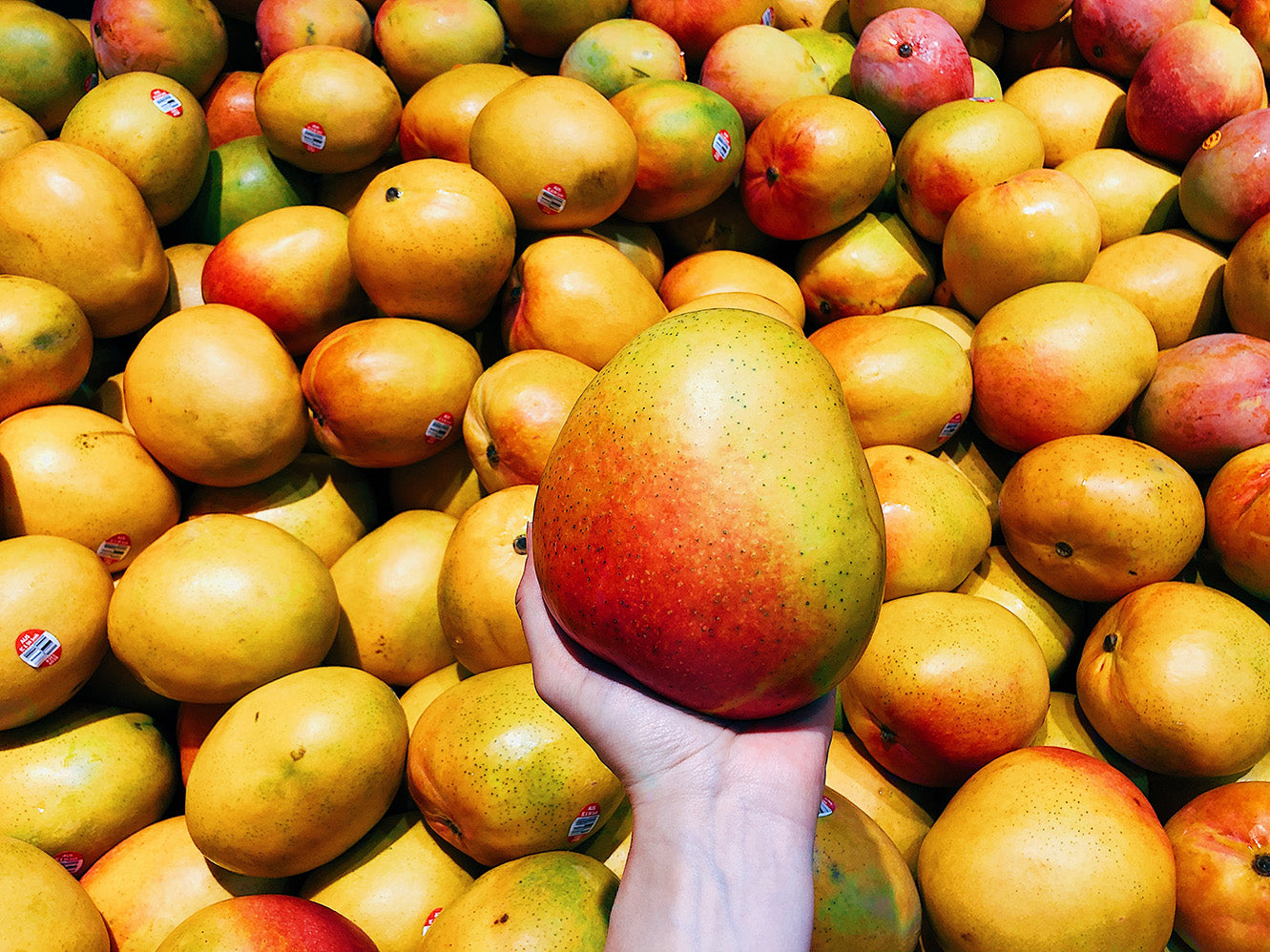

7 things that you didn't know about mango
7 Things You Didn't Know About Mango
Mangoes are often celebrated for their sweet flavor and juicy texture, but there’s a lot more to this tropical fruit than meets the eye. Here are seven surprising facts that you probably didn't know about mangoes:
1. Mangoes Have Ancient Origins Mangoes have been cultivated for over 4,000 years, with their roots tracing back to India and Southeast Asia. They were initially considered a symbol of love and prosperity and have since traveled the world to become one of the most popular fruits.
2. They Belong to the Cashew Family Believe it or not, mangoes are part of the same family as cashews and pistachios! All three are members of the Anacardiaceae family, known for producing fruits with large, central seeds.
3. Mangoes Come in Hundreds of Varieties While most people are familiar with just a few types of mangoes, there are actually over 500 different varieties grown worldwide. Each type has its own distinct flavor, size, and texture, from the small, golden Ataulfo to the large, green-skinned Keitt.
4. Mango Leaves Are Used in Traditional Medicine In various cultures, mango leaves are valued for their medicinal properties. They are believed to help with respiratory issues, diabetes, and even high blood pressure. In traditional Indian medicine, mango leaves are often boiled in water and consumed as a tea.
5. Mangoes Are Packed with Nutrients Mangoes are rich in vitamins A and C, fiber, and antioxidants. Just one cup of mango provides 67% of your daily vitamin C needs, making it a great fruit for boosting your immune system and promoting healthy skin.
6. Unripe Mangoes Are Used in Savory Dishes Mangoes aren't just for desserts and smoothies. In many Asian countries, unripe or green mangoes are used in savory dishes, salads, and pickles. Their tangy flavor adds a unique twist to traditional recipes.
7. Mangoes Can Help Improve Digestion Mangoes contain digestive enzymes like amylases that help break down carbohydrates and ease digestion. They also have dietary fiber, which supports gut health and regularity.
Next time you enjoy a slice of mango, remember that this fruit is not only delicious but also rich in history, health benefits, and versatility. Whether eaten fresh, dried, or cooked, mangoes truly deserve their title as the “king of fruits.”
